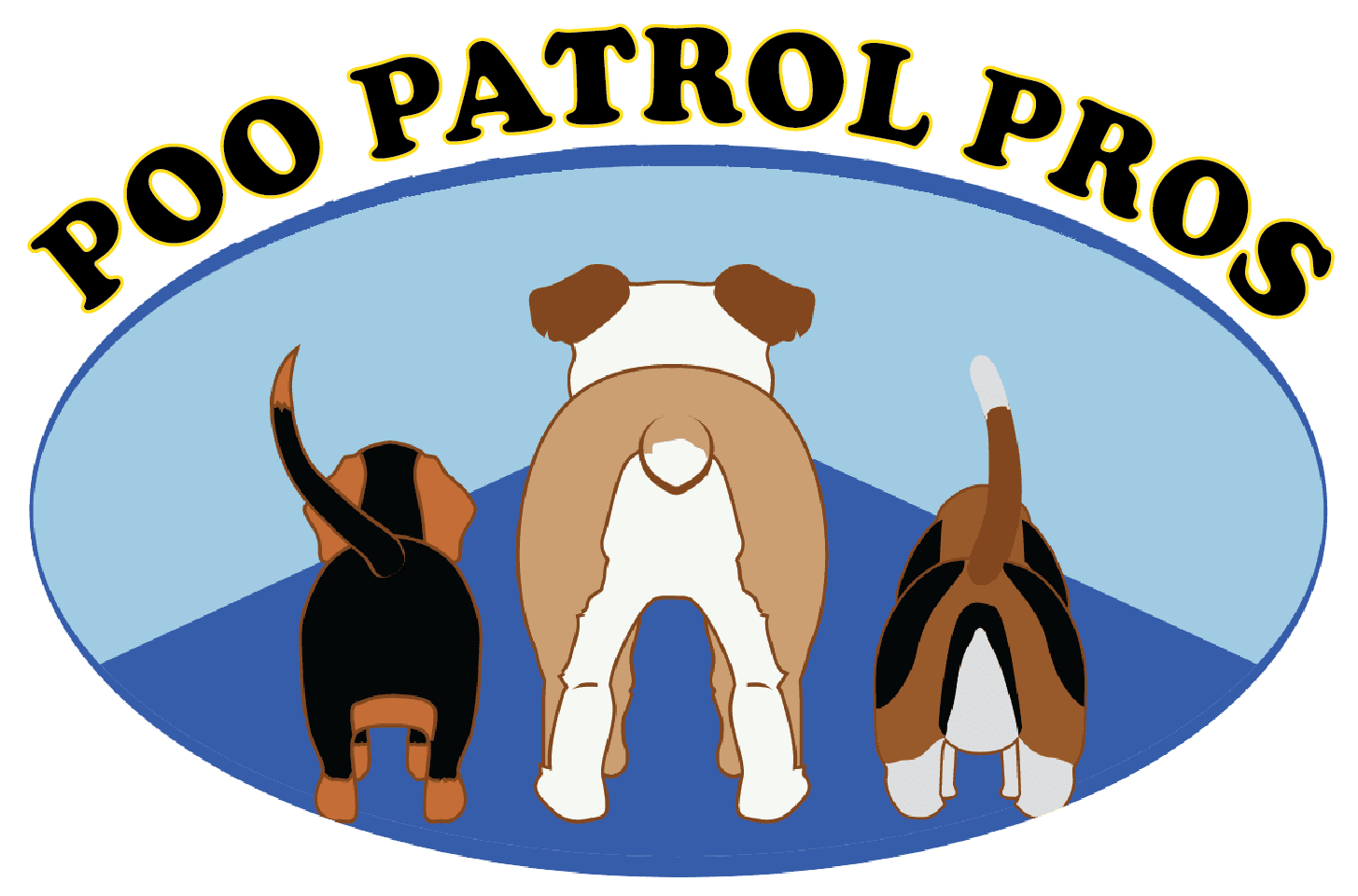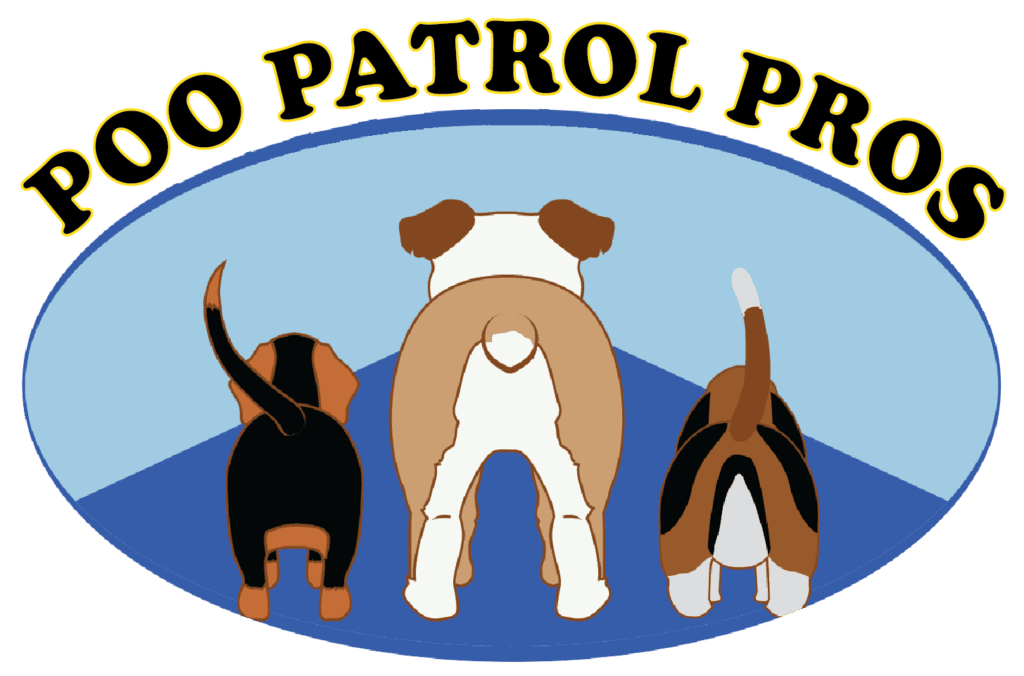Common reasons for a dog’s inability to poop
If your dog experiences irregular bowel movements, these reasons are common culprits. Constipation in dogs can be caused by various factors, such as low fiber intake, dehydration, sedentary, or medication complications. Additionally, sudden changes in diet commonly lead to constipation in dogs. Firstly, identify the underlying cause of constipation to effectively address the issue and provide relief to your furry friend.
Another obstacle in digestion is intestinal blockages. Blockages occur when something wedges in the dog’s digestive tract, grinding the digestive processes to a halt, leading to constipation. Foreign objects, such as toys, bones, or even pieces of clothing are items that a dog may have ingested. In some cases, surgery may be required to remove any obstacles and restore normal bowel function.
Conditions negatively impacting the function of glands, tumors and neurological disorders interfere with a dog’s ability to have regular bowel movements. Professionals such as veterinarians are the best option for care contact and reference.
All these reasons are just possibilities. Now that you possess the knowledge of common causes, the first steps can be taken to take care of your dog.
Understanding the digestive system of dogs
Unlike humans, dogs’ digestive system is constructed for a carnivorous diet. A dog’s digestive tract consists of the esophagus, stomach, small intestine, large intestine, and rectum.
Food is taken in and it travels down the esophagus into the stomach. This is where food is broken down by stomach acids. From there, what’s broken down moves to the small intestine, where nutrients are then absorbed into the bloodstream. The remaining waste then enters the large intestine, where water is absorbed and the stool is formed. Stool is stored in the rectum until it is ready to be passed through.
Identifying that your dog has a digestive issue is one thing, but understanding the differences is important in taking the first steps to getting them help.
Signs and symptoms of constipation in dogs
Mild, infrequently occurring constipation is not usually cause for alarm. However, if your dog hasn’t had a bowel movement for two days or more, it’s likely that they are constipated. Any difficulty passing stool or visible discomfort is a physical indicator. If the stool is too dry, then additionally look for hydration factors and potential digestive problems.
Other symptoms that may accompany constipation in dogs include decreased appetite, lethargy, abdominal discomfort, and even vomiting. If you notice any of these signs, it’s important to address the issue promptly to prevent further complications.
Potential health issues that can cause difficulty in passing stool
There are several underlying factors that contribute to a dog’s struggle to pass it’s bowels. There are various conditions that emerge to disrupt your dog’s digestive process.
Firstly, anal gland impaction is when the glands are restricted from producing their movement-aiding fluid, creating a slowdown. This typically leads to further complications.
Closely related, rectal tumors are growths that restrict and end up blocking the rectal track. This prevents any stool from passing in the process. Treatment is recommended as soon as possible.
Also, neurological disorders interfere with regular bowel movements. Those having to do with the spinal cord, nerve damage, and in conjunction with other bodily injuries are the most urgent and disruptive to the bowel’s processes.
Dietary factors affecting a dog’s bowel movements
Fiber promotes healthy digestion in humans and it is no different in canines.
Fiber provides bulk to the waste and additionally aids the body in passing the stool movement.
Another dietary factor that can affect a dog’s bowel movements is dehydration. When a dog’s body absorbs more water from the colon, it results in dry and hard stools. Maintain proper hydration by setting up a consistently accessible water supply for them.
Additionally, sudden changes in diet can also lead to constipation in dogs. If you switch your dog’s food abruptly, their digestive system may not have enough time to adjust, resulting in constipation. It’s important to introduce any dietary changes gradually to allow your dog’s digestive system to adapt.
When to seek veterinary help for a constipated dog
While mild cases of constipation can often be resolved with home remedies, there are instances where veterinary intervention is necessary. If your dog’s constipation is severe, persistent, or accompanied by other concerning symptoms, it’s important to seek professional help.
If your dog is straining excessively or in significant pain while trying to poop, it may indicate a more serious underlying issue, such as an intestinal blockage or a health condition. Other red flags include blood in the stool, loss of appetite, lethargy, or vomiting. If you notice any of these symptoms, it’s crucial to contact your veterinarian as soon as possible.
A veterinarian will perform a thorough examination, including palpating the abdomen, to check for any abnormalities. They may also recommend diagnostic tests, such as X-rays or blood work, to further evaluate your dog’s condition. Based on the findings, the veterinarian will determine the best course of treatment to alleviate your dog’s constipation and address any underlying health issues.
Conclusion
Everyone can agree, dogs should live a long happy life. I don’t believe digestive issues are a part of their happiness or ours. Remember that underlying health conditions, variability in diet, and other stress factors can influence potential canine constipation. Yet primarily, constipation in dogs centers around their digestive tract. They must be hydrated, have fiber, and be checked up regularly at home and by veterinarians. With the right care and attention, your canine can be happy and healthy.


